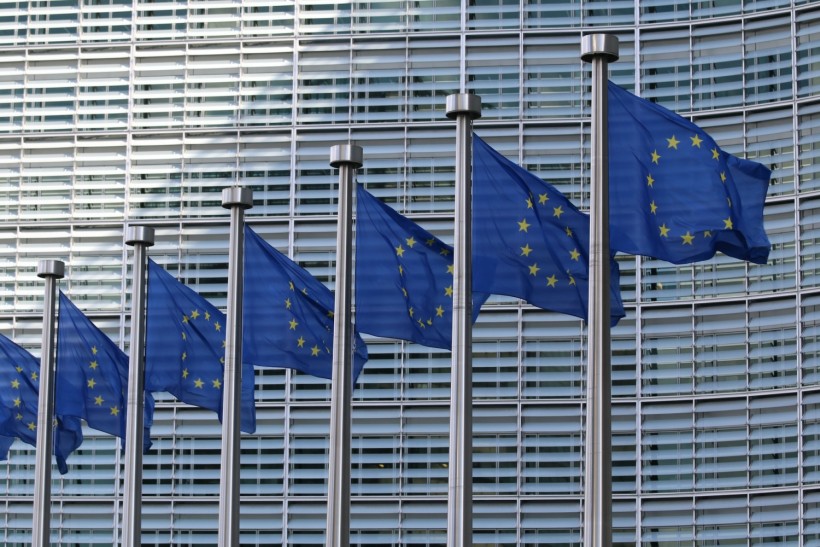
EU nations and legislators agreed on laws to control how Big Tech and other corporations exploit European people's personal and corporate data.
Nations in the European Union and EU parliamentarians reached an agreement on statutes on Tuesday, June 27, that would regulate how Big Tech and other firms use personal and business data from European citizens.
As part of a suite of bills aiming at limiting the influence of US internet firms, the European Commission proposed the Data Act last year to encompass data created in smart devices, machines, and consumer items.
Reuters reported that after former US intelligence contractor Edward Snowden exposed widespread American spying in 2013, EU worries over data flows increased.
Negotiations for the deal lasted for seven hours.
Thierry Breton, EU industry director, said in a tweet, "Tonight's agreement on the Data Act is a milestone in reshaping the digital space...we are on the way to a thriving EU data economy that is innovative and open - on our conditions."
Power to Choose How the Linked Device Data Is Utilized
Previously, it was difficult to duplicate or transfer data across services, but the new law makes it easier for both consumers and companies to manage the data produced by smart objects, machines, and gadgets.
According to the Commission, via The Next Web's report, the new law will give consumers and businesses a voice deciding how their data from connected devices will be used. Access to and sharing of data created by smart objects, machines, and devices are key components of this measure.
The Act facilitates the transition to alternative data processing service providers, establishes protections against the unauthorized transfer of data by cloud service suppliers, and mandates the creation of interoperability standards to facilitate the reuse of data across industries.
To avoid being forced to disclose data with third parties for aftermarket or other data-driven services, manufacturers toned down an effort to compel them to do so. Fears about trade secret breaches have been expressed by both Siemens and SAP.
Such data-sharing requests may be denied under the new rule if the operator stands to suffer "serious and irreparable economic losses," which would threaten the company's ability to stay in business.
Also Read: Oregon Passes Ban on TikTok, Other Chinese Apps on State Government Devices
Should Europeans Put Their Faith in This Law?
However, Representative Damian Boeselager said that this constituted a loophole that may be exploited by fraudulent businesses. "I find this deeply concerning. But at least a national authority can review and annul such a unilateral decision by the operator in a timely manner."
Lobbying organization Information Technology Industry Council (ITI) has voiced concerns about the Act's scope.
"We have ongoing concerns regarding the Act's broad and ambiguous approach to data sharing, including on the expansion of the products and services originally in scope and the safeguards for trade secrets protection, as well as the rules impacting international transfers of non-personal data," director general for Europe, Guido Lobrano, remarked.
Also Read: Meta to Remove News from Canadian Facebook, Instagram Over New Media Bill








